LINK KYOTO
Latest content and event information
-
The Kyoto Institute of Invention and Innovation has supported local industry and intellectual property for over 100 years since its founding in 1901. In this program, "Kyoto Invention Classroom," participants will have fun learning about the mechanisms of invention and the role of intellectual property, using topics ranging from historical inventions born in Kyoto to the latest technologies that support our daily lives.
This is an inquiry-based learning program that involves lectures and hands-on workshops, allowing children to ask themselves questions, seek answers, and grasp clues for solving future problems. It combines traditional wisdom with modern technology to foster creativity and multifaceted thinking.Field trips for adultsinventionEdisonWorkshopKyoto Institute of Invention and InnovationKyoto experienceLINK KYOTOsustainable
-
We are committed to contributing to people's health through pharmaceuticals and functional foods. Santonin, our revolutionary roundworm treatment, is made from the plant Artemisia miltiorrhiza. The world is home to a diverse range of plants, from the trees you see on your way to school to plants that produce fruit for snacks and even medicinal plants. The Yamashina Botanical Museum collects and cultivates approximately 3,000 species of plants from around the world. During your tour, you will experience the mysterious allure of plants. You will also learn about the evolution of pharmaceutical development throughout our company's history. Furthermore, you can utilize this opportunity for career development through interactions with employees who are committed to contributing to health.
Field trips for adultsplantmedicineLINK KYOTOhistoryexperience
-
Tea creates a dialogue between people. When you want to have a conversation with someone, it is customary to ask them to go for tea, but tea encourages conversation between people and deepens bonds. We Japanese are aware of this.
Let us once again focus on tea and remember the richness of daily life based on dialogue, not conflict. In Japan, a room for gathering has long been called a "chanoma." People and families can converse in a space with tea, and we can remember the richness of the heart that comes from drinking tea and talking.
Through something as familiar as tea, we hope to provide an opportunity to think about the desire for peace within ourselves and about the nature of communication in modern times, where human relationships are becoming increasingly tenuous.
Fukujuen, a long-established tea shop in Kyoto that co-developed the well-known Suntory Iyemon, will explain the history and value of tea.Field trips for adultsKyoto experienceUji teatea roomLINK KYOTOhistorytraditional cultureSDGs
-
- Considering the future of "Kyoto's Kitchen" -
Nishiki Market has flourished as a fish wholesaler since the Edo period, with over 130 stores lined up along the 390 meters from east to west from Teramachi to Takakura. Walking through the long market is like walking down a road of 400 years of history. Learn about 400 years of history and food culture, and think about the "responsibility to the future" that Nishiki Market bears in the field of "food," which is closely linked to the SDGs!Field trips for adultsNishiki Market Shopping Street, KyotoLINK KYOTOKyoto sustainable tourismexperienceHospitalityKyoto culture
-
In Kyoto City"Kyoto Carbon-Free Lifestyle Promotion Team - 2050 Kyoto Meeting"Under the working group, we are creating projects that connect the choices each individual makes in their daily lives to decarbonization.
"Project to make visible stores that offer vegetarian menus"has been working to introduce restaurants that serve vegan food, aiming to reduce the environmental impact of food by increasing the number of vegetarian options. As part of this effort, we will be holding a walking tour for the general public that includes a vegan food experience while enjoying a stroll around the city.Quoted from Kyoto City Information Center
About "Vegan Walking: Kyoto Sanjo-kai Shopping Street Edition"
We believe that veganism can be incorporated not only into a diet of plant-based foods, but also into fashion, daily necessities, and play that are made from plant-based products, and we will be running tours that allow you to experience vegan "clothing," "food," "housing," and "culture" (English language support available).
VeganVegetarianEnvironmental loadLink KyotoLINK KYOTOKyoto tourism moralsKyoto sustainable tourismsustainabledecarbonizationcarbon neutralcarbon offset
-
Furukawacho Shopping Street Life and food culture experience
An English-speaking guide will guide you through the experience.
<Experience content>
① Knife sharpening experience(Time required: 90 minutes)
In the Furukawacho shopping district, there is a knife sharpener who has been in the business for 26 years.
Only at Furukawacho Shopping Street can you experience the artisanal skill of knife sharpening.
Learning how to properly sharpen your knives will make cooking even more enjoyable.
*This is not a knife-making experience.
*Please note that you cannot take home the knives. You can purchase them at the workshop.<Experience content>
A 15-minute lecture from a craftsman about the types of knives
Lecture on blade types: 15 minutes
Lecture on how to sharpen knives 60 minutes②Obanzai making experience(Time required: 70 minutes)
Home cooking passed down from grandmother to mother and mother to daughter is called obanzai in Kyoto. Let's make the mother's obanzai recipe of "Kyogohan Nishimura" together using the ingredients purchased at the shopping street.<Experience content>
Nishimura-san will give a lecture on how to make it (10 minutes)
2 dishes 30 minutes
Tasting of the prepared dishes: 30 minutesLINK KYOTOShirakawaFurukawa TownChion-in TempleexperienceKyoto's Unique VenuesFood cultureKyoto cultureJapanese sakeKyoto cuisineJapanese foodtraditional culture
-
A sake brewery tour that is normally closed to the public and that you can enjoy with all five senses
Sasaki Sake Brewery continues to brew sake in the middle of Kyoto.Located on the ruins of Jurakudai, which was loved by Toyotomi Hideyoshi, all of the sake is brewed using the hand-made techniques passed down in Kyoto and Rakuchu.In this plan, you can touch the sake brewing in Rakuchu that has been handed down for a long time.At the end, you can taste and compare 5 kinds of sake recommended by the brewer according to the season!
[Recommended points]
・Brewery guides the sake brewery.All processes such as bottling and labeling are done in the brewery, so we will show you the entire sake brewing process.
・Recommended by the brewer depending on the seasonTaste and compare 5 types of sake.May include alcoholic beverages not for sale.
・In the winter when sake brewing is in full swingPossibility to drink unpasteurized sake.
·aliveYou can look into the moromi tank.You can enjoy it with all five senses, such as the popping sound and smell during fermentation.Link KyotoLINK KYOTOSake brewerySake tourismSake brewery tourRakuchuToyotomi HideyoshiexperienceKyoto's Unique VenuesKyoto cultureJapanese sake
-
Inside Towaryokan, located near Nishi Honganji Temple, there is a tea room called Seikaan, which was named after the 16th head master of the Urasenke school. We have set up a gentle and fun tea party experience plan for a limited time, because we want everyone to have a gentle time experience in this quiet and tranquil space.
The tea ceremony has an image of being difficult to enter, but even beginners are welcome! Please feel free to join us! We will carefully guide you through the process while listening to explanations about etiquette when entering the tea room, viewing the beds and flowers, etc. Please relax and take photos while seated.
Although it is near Kyoto Station, which is busy, it is quiet and gentle...that's how time passes.
Please feel free to join us for a cultural experience in Kyoto.
*Information will be provided in Japanese.
Management: Towa Ryokan
tea ceremonyTea CeremonyTea ceremony experienceLink KyotoKyoto experienceKyoto StationTea ceremonytea roomLINK KYOTOKyoto sightseeingexperienceKyoto culturetraditional culture
-
We will hear about the history of Kyoto and traditional crafts, as well as the current and future prospects. We hope that you will be able to use this information to think about your own future by learning about the connection between school studies and society. You will also learn about how crafts are a part of our daily lives.
Field trips for adultsMakieSculptureKyoto hand-drawn yuzentraditional craftsLINK KYOTOKyoto culturetraditional culture
-
Since its opening, the National Kyoto International Conference Center (ICC Kyoto) has hosted nearly 18,000 conferences and events, laying the foundation for the history and conventions of international conferences in Japan.
ICC Kyoto supports the "Sustainable Development Goals" advocated by the United Nations and is working to "achieve a sustainable society."
With the aim of continuing to be an "international conference center worthy of being a stage for the exchange of discussion," we are working mainly on four important issues.
We will contribute to solving social issues together with our customers by managing facilities that are in line with the times and by attracting and hosting conferences.●▶Reducing and reusing waste・Reduce food waste
・Resource circulation
▶Use of eco-friendly materials
- Eliminate the provision of bottled drinks
・Reducing the use of disposable plastics
▶Reducing environmental impact
・Solar power generation
・Sustainable architecture
・Efficient use of energy
・Conservation of the natural environment
▶ Ethical Choice
・Providing fair trade products
・Providing "locally produced, locally consumed" products
Learn morehttps://www.icckyoto.or.jp/csr/sustainable/
Kyoto International Conference CenterInternational ConferenceSustainable TourismLink KyotoLINK KYOTOKyoto sustainable tourismsustainable


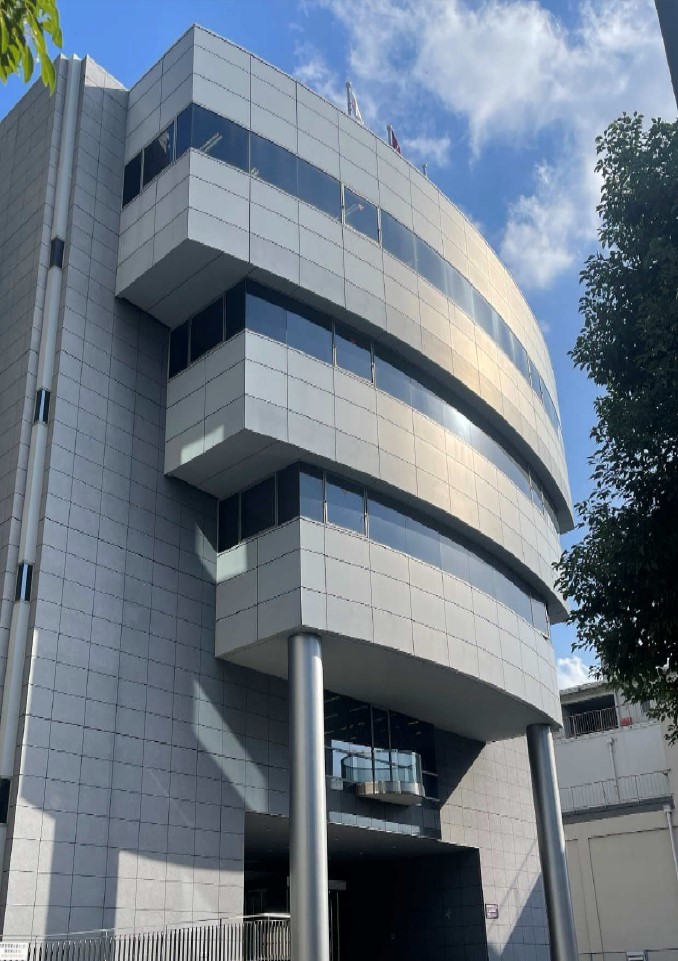
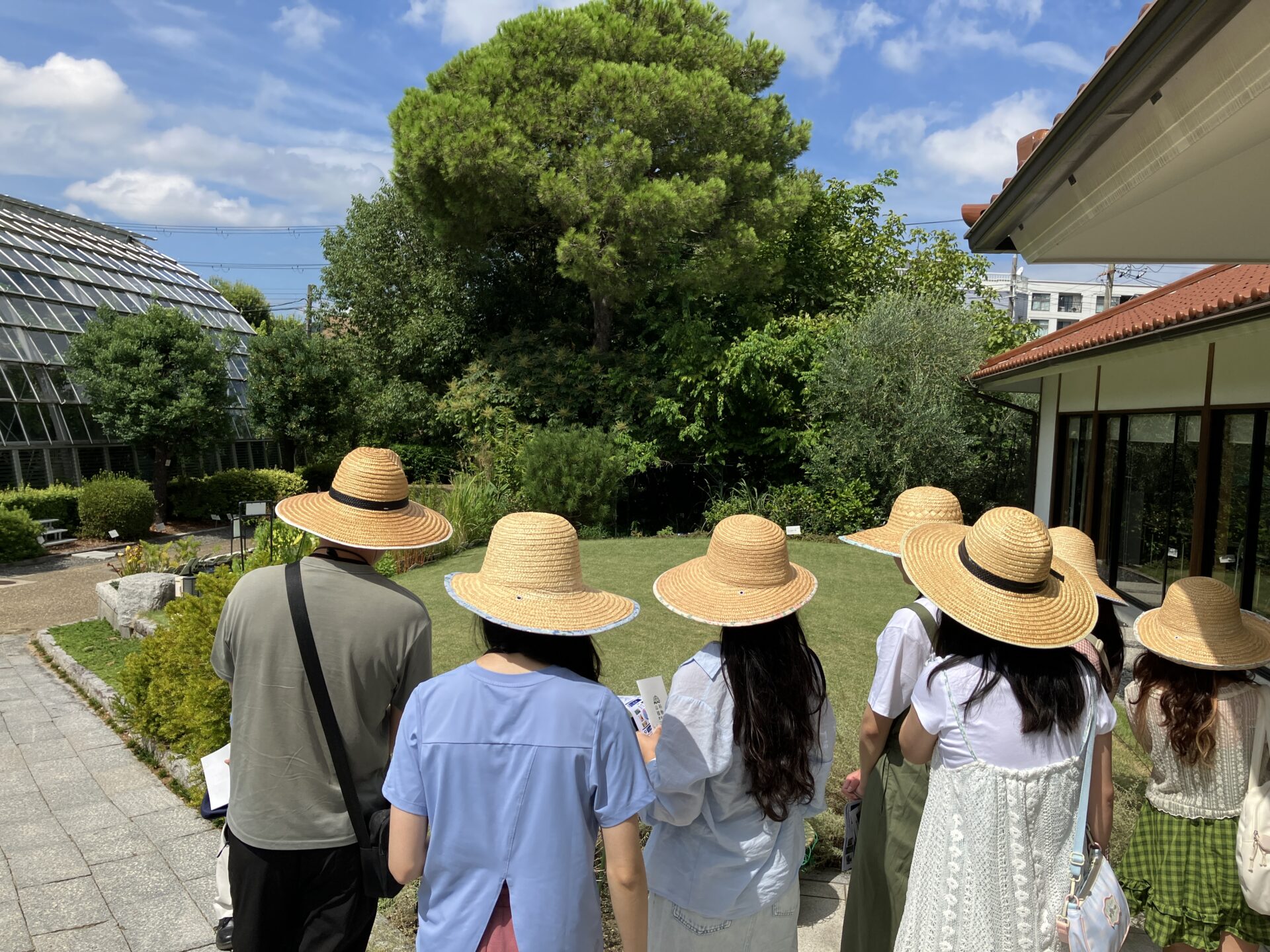

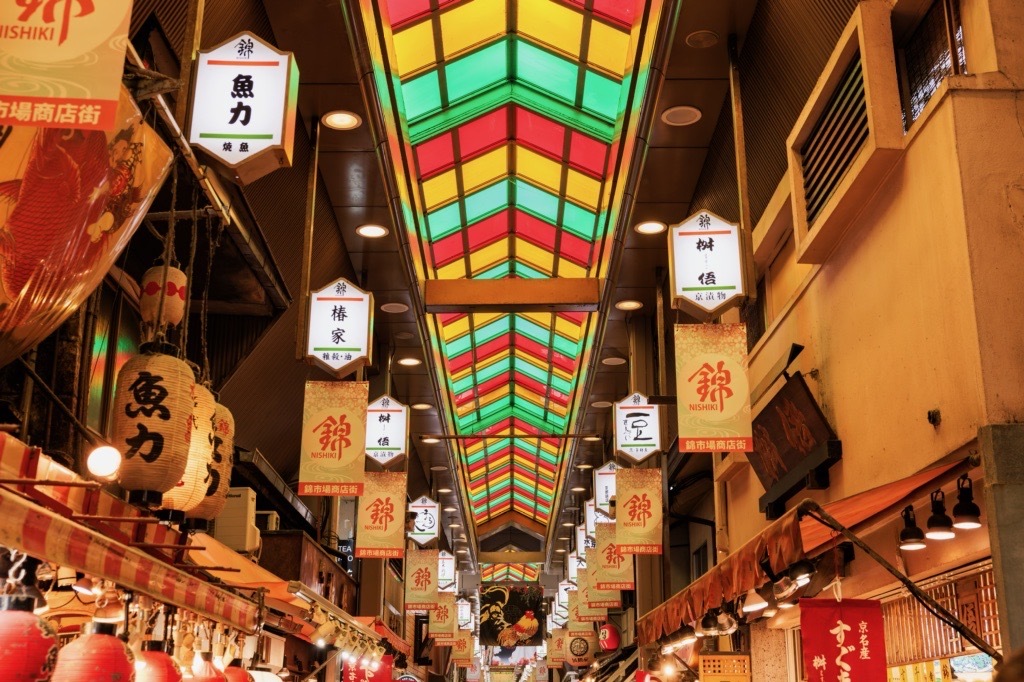
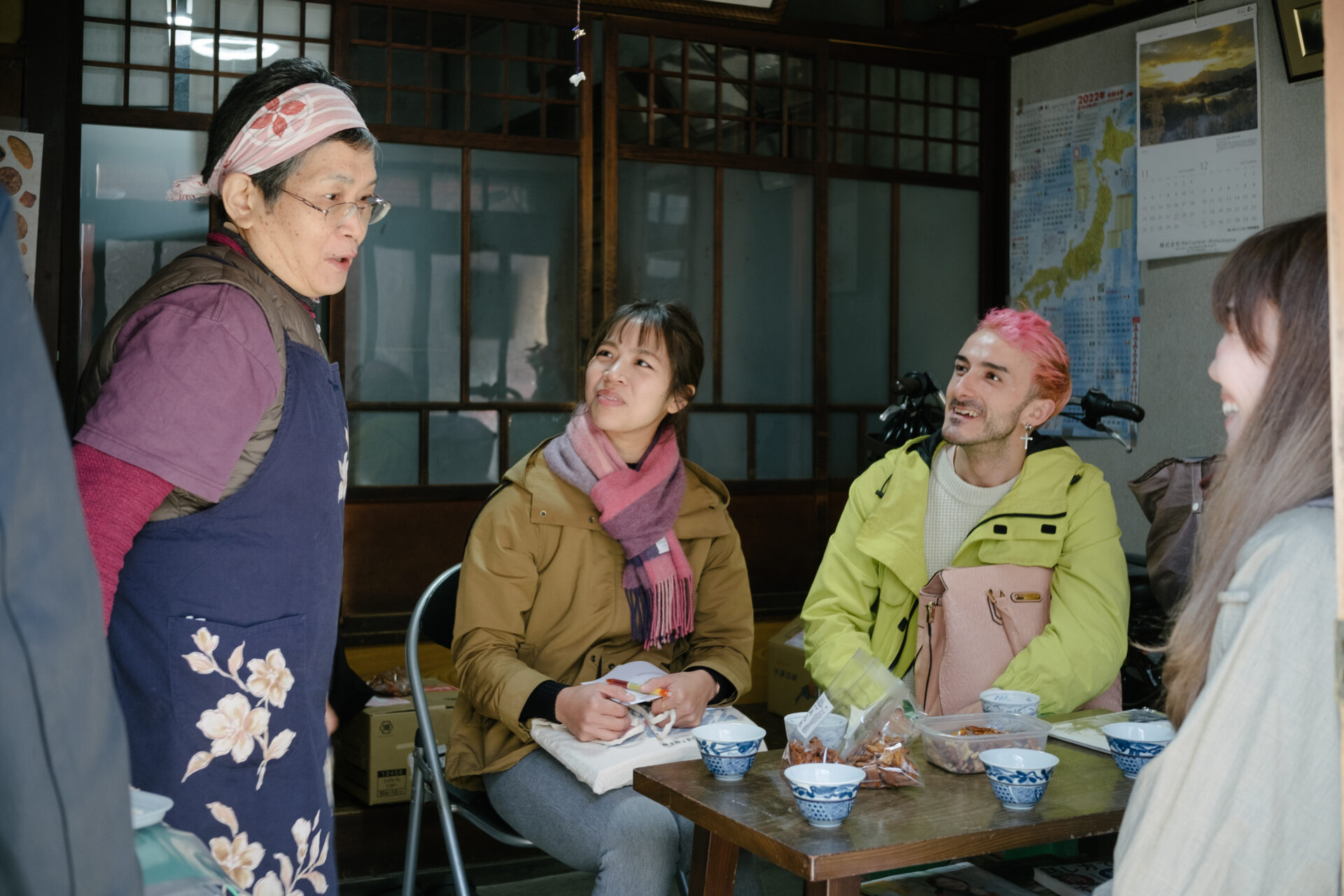
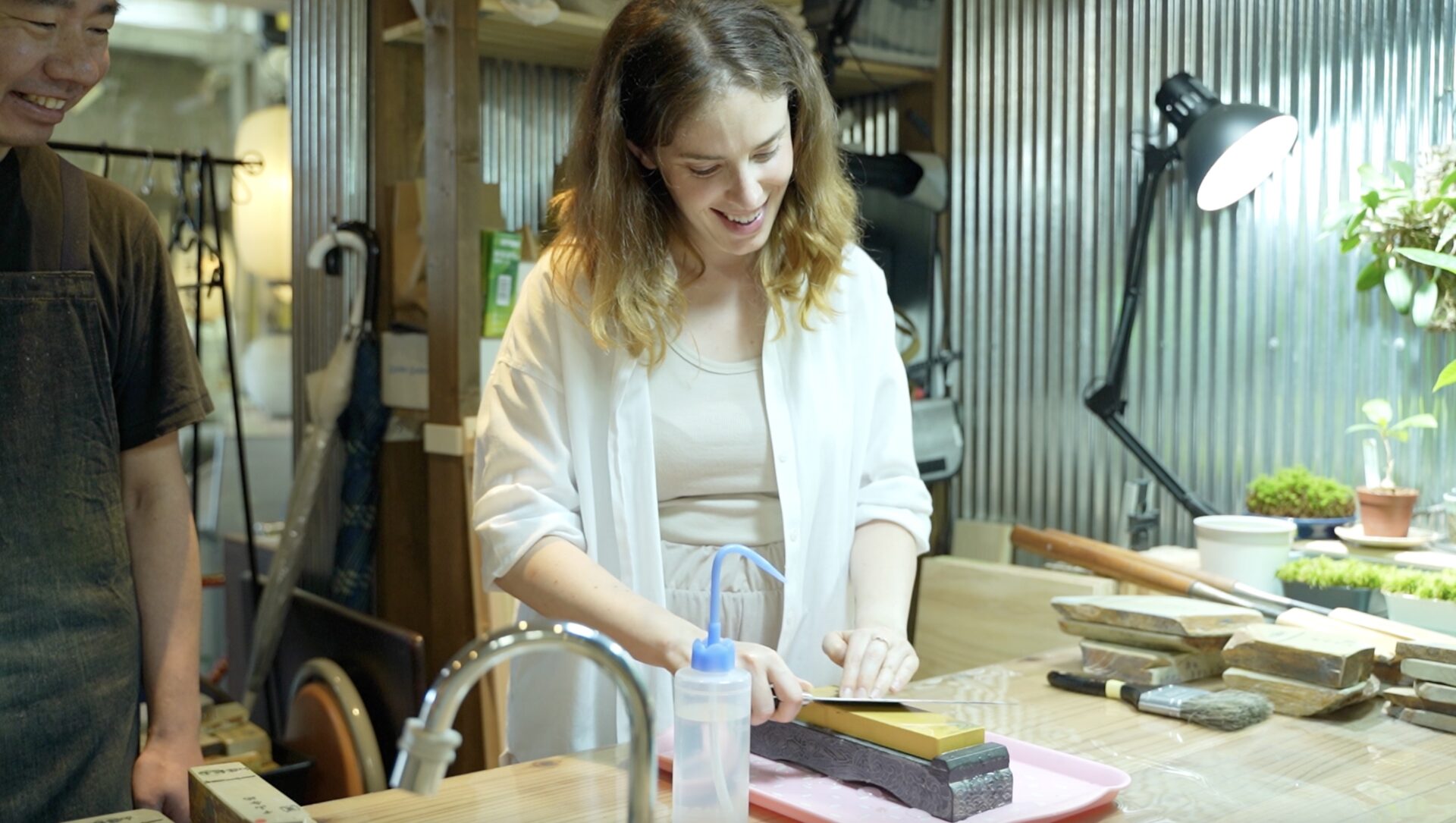
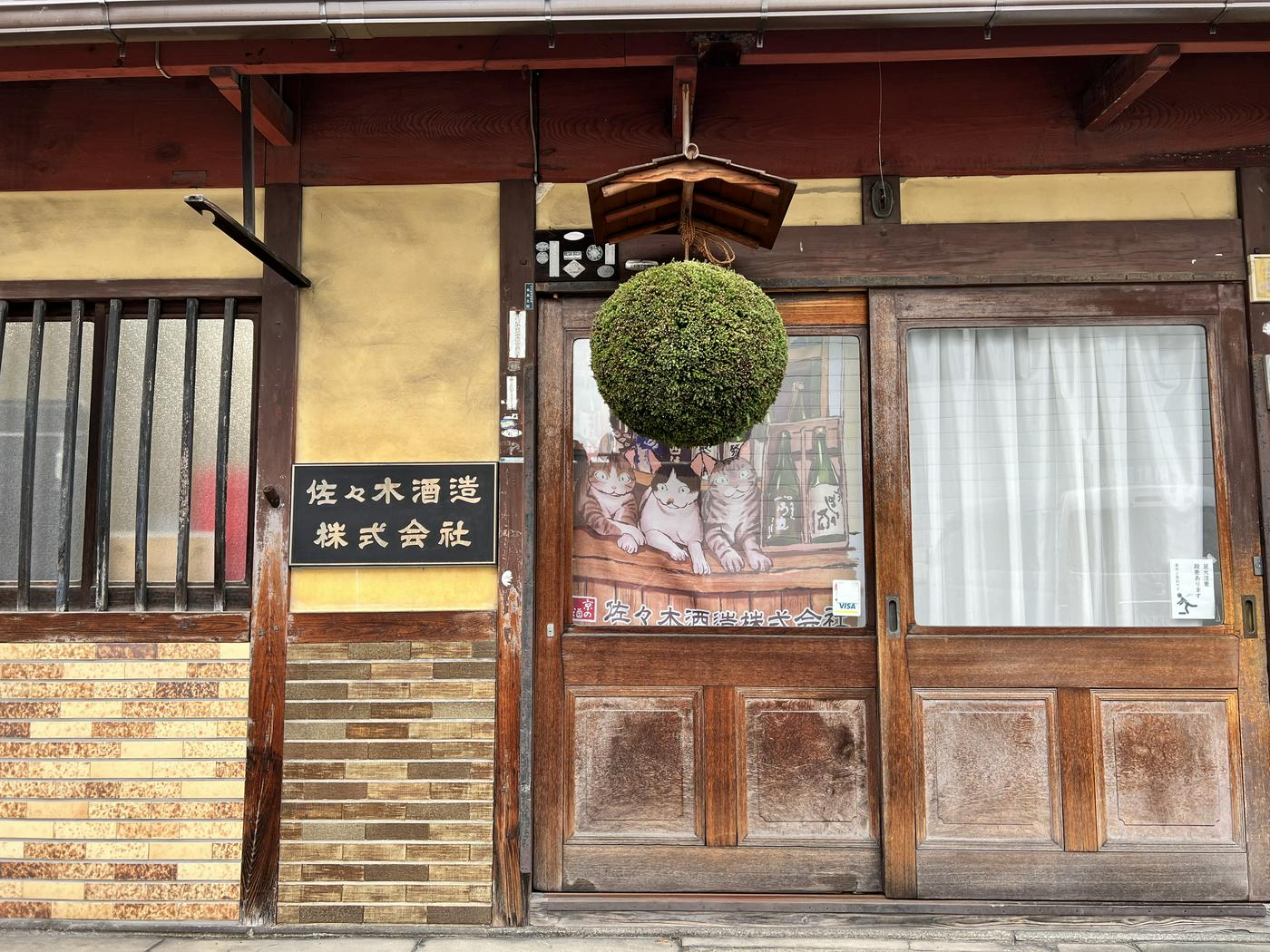
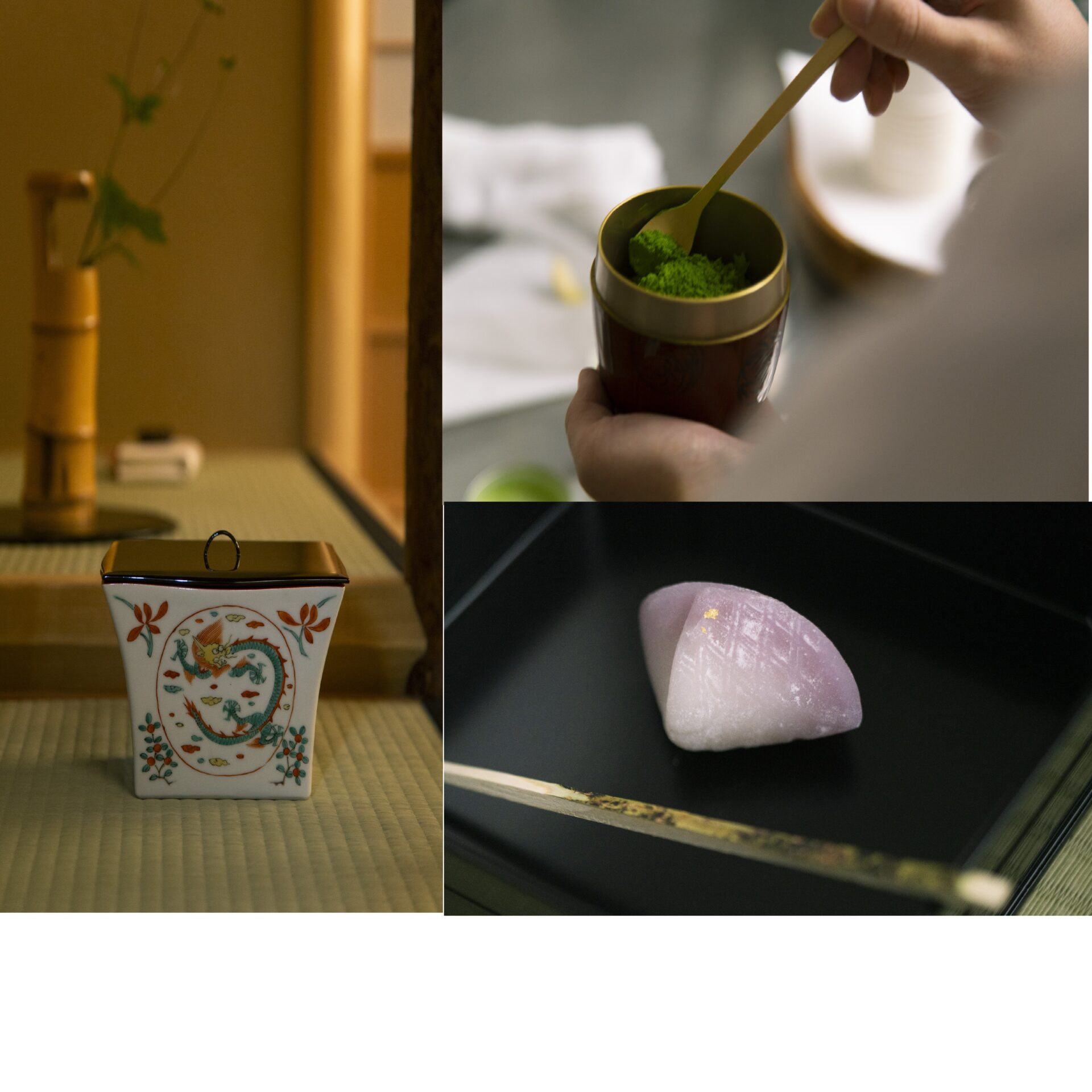


 Kyoto
experience
Kyoto
experience Contact us by phone
Contact us by phone Contact by email
Contact by email